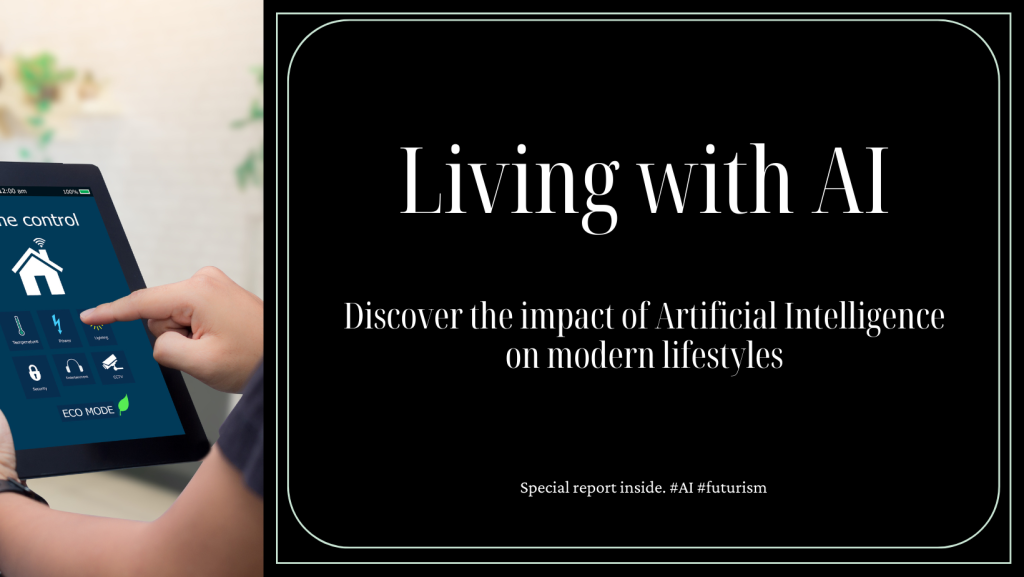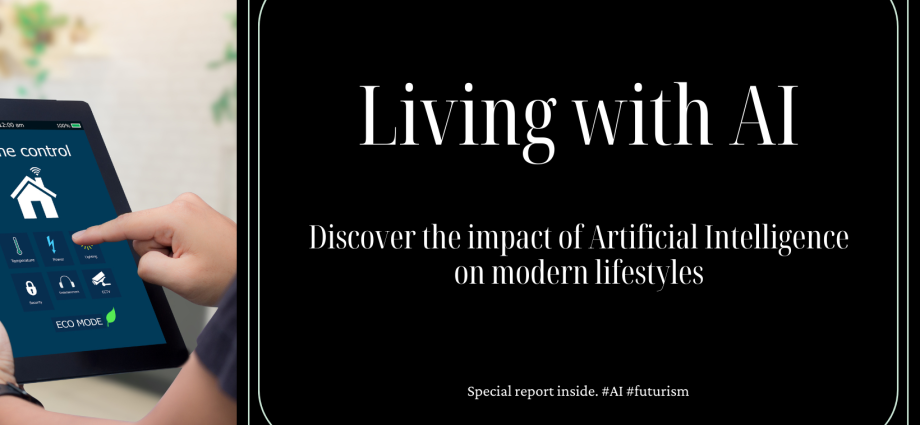Artificial Intelligence (AI) has emerged as a transformative force shaping various aspects of modern life, from healthcare and education to entertainment and transportation. As AI technologies continue to advance rapidly, they are increasingly integrated into everyday experiences, revolutionizing the way we live, work, and interact with the world around us. Here’s a closer look at how AI is shaping modern lifestyles:
- Personalized Experiences: AI algorithms analyze vast amounts of data to understand individual preferences and behaviors, enabling personalized experiences across various domains. From personalized recommendations on streaming platforms and e-commerce websites to personalized healthcare treatments and educational programs, AI tailors experiences to meet the unique needs and preferences of users.
- Enhanced Efficiency and Productivity: AI-powered tools and automation streamline processes, increase efficiency, and boost productivity in various industries. In the workplace, AI-powered software automates repetitive tasks, analyzes data to uncover insights, and optimizes workflows. In transportation, AI algorithms optimize routes, reduce traffic congestion, and enhance safety. These efficiencies save time, resources, and energy, allowing individuals to focus on more meaningful tasks and activities.
- Improved Healthcare Outcomes: AI is revolutionizing healthcare by enhancing diagnostic accuracy, predicting disease outbreaks, and personalizing treatment plans. AI algorithms analyze medical imaging data to detect abnormalities and diagnose diseases with greater precision. Virtual health assistants and chatbots provide personalized healthcare guidance and support to patients, improving access to healthcare services and reducing healthcare disparities.
- Smart Home Technologies: AI-powered smart home devices, such as virtual assistants and smart thermostats, enhance convenience, comfort, and security in the home. Virtual assistants like Amazon Alexa and Google Assistant control smart home devices, answer questions, and perform tasks through voice commands. Smart thermostats learn user preferences and adjust temperature settings to optimize energy efficiency and comfort.
- Ethical and Societal Implications: As AI becomes more integrated into daily life, it raises ethical and societal concerns related to privacy, bias, and job displacement. Safeguarding data privacy, ensuring algorithmic fairness, and fostering responsible AI development are essential for mitigating these challenges and maximizing the benefits of AI for society.
In conclusion, AI is reshaping modern lifestyles by providing personalized experiences, enhancing efficiency and productivity, improving healthcare outcomes, and enabling smart home technologies. As AI technologies continue to evolve, it is essential to address ethical and societal implications to ensure that AI serves as a force for positive change in the lives of individuals and communities worldwide.



Comments are closed, but trackbacks and pingbacks are open.